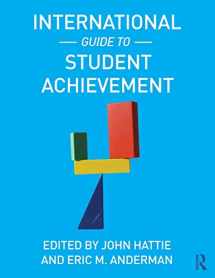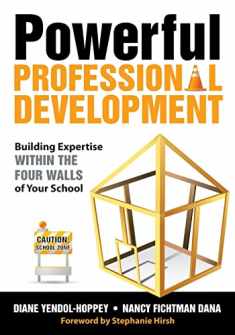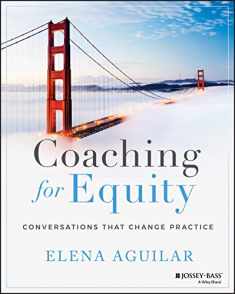
International Guide to Student Achievement (Educational Psychology Handbook)
Book details
Summary
Description
The International Guide to Student Achievement brings together and critically examines the major influences shaping student achievement today. There are many, often competing, claims about how to enhance student achievement, raising the questions of "What works?" and "What works best?" World-renowned bestselling authors, John Hattie and Eric M. Anderman have invited an international group of scholars to write brief, empirically-supported articles that examine predictors of academic achievement across a variety of topics and domains.
Rather than telling people what to do in their schools and classrooms, this guide simply provides the first-ever compendium of research that summarizes what is known about the major influences shaping students’ academic achievement around the world. Readers can apply this knowledge base to their own school and classroom settings. The 150+ entries serve as intellectual building blocks to creatively mix into new or existing educational arrangements and aim for quick, easy reference. Chapter authors follow a common format that allows readers to more seamlessly compare and contrast information across entries, guiding readers to apply this knowledge to their own classrooms, their curriculums and teaching strategies, and their teacher training programs.


We would LOVE it if you could help us and other readers by reviewing the book
Book review





